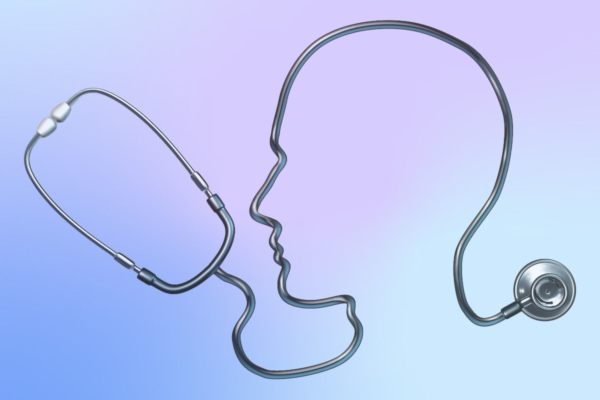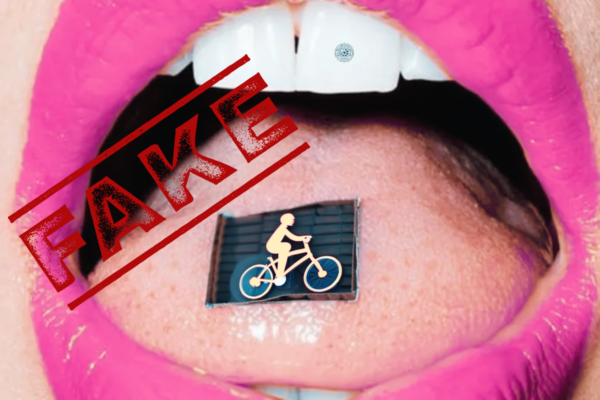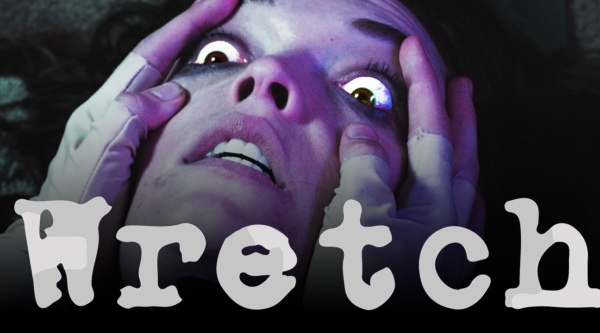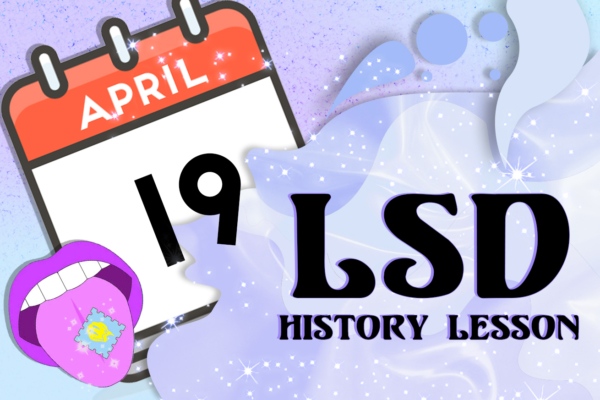
A first-of-its-kind clinical trial using naturally sourced psychedelic extracts has been given the green light by the United States Food and Drug Administration (FDA).
All other FDA-approved trials on psychedelics have used synthetically created compounds.
The Phase 1 trial is also the first to involve the direct administration of psilocin — a tryptamine alkaloid found in magic mushrooms — rather than its prodrug psilocybin, a naturally occurring psychedelic prodrug also found in about 200 species of fungi. To date, no manufacturer of synthetic psilocin has produced a formulation stable enough to be included in a clinical trial.
Led by the Translation Psychedelic Research Program (TrPR) at the University of California San Francisco, the trial will use three botanical drug candidates from Vancouver-based drug development company Filament Health: oral psilocybin (PEX010), oral psilocin (PEX020), and sublingual psilocin (PEX030).
With its propriety technology, Filament Health has produced stable formulations of both psilocin and psilocybin from magic mushrooms.
This trial is significant because it will examine the potential therapeutic benefits of administering psilocin in 20 healthy subjects. Because psilocybin is not bioactive in humans, it needs to be converted into psilocin through a process called dephosphorylation before becoming active. For this reason, Filament Health believes the direct administration of psilocin may have therapeutic benefits, including faster onset time, greater consistency, increased bioavailability, and lessened side effects.
“These potential attributes are being studied in the authorized trial,” the company explained. “In addition, psilocin is an ideal candidate for sublingual delivery because of the bypassing of the gut, where the conversion to psilocin is thought to primarily occur.”
While both psilocybin and psilocin naturally occur in mushrooms, psilocybin has become a popular choice for researchers over the years because of the challenges surrounding creating stable synthetic psilocin. In the 1950s, Swiss chemist Albert Hoffman became the first person to develop stable synthetic psilocybin, but to do this, he effectively did the opposite of dephosphorylation.
As psilocybin has gained popularity, the potential therapeutic effects of psilocin remain largely unexplored. In fact, there are currently dozens of trials evaluating psilocybin’s effects, but this trial is the first to assess the direct administration of psilocin.
“This research can help us determine if psilocin has advantages over psilocybin,” said TrPR Director and the study’s Principal Investigator Dr. Josh Woolley. “The oral and sublingual administration presents an opportunity to learn about psilocin’s effects compared to psilocybin and perhaps set a new standard for psychedelic-assisted therapy.”
Filament Health’s drug development efforts are focused exclusively on extracting, purifying, and standardizing natural psychedelic compounds, which the company believes is the best way to bring the untapped potential of these medicines to the world. “We are excited to announce this milestone as validation of our ability to cultivate variable psychedelic biomass and transform it into pharmaceutical-grade drug candidates,” said Filament Health Chief Executive Officer Benjamin Lightburn.





